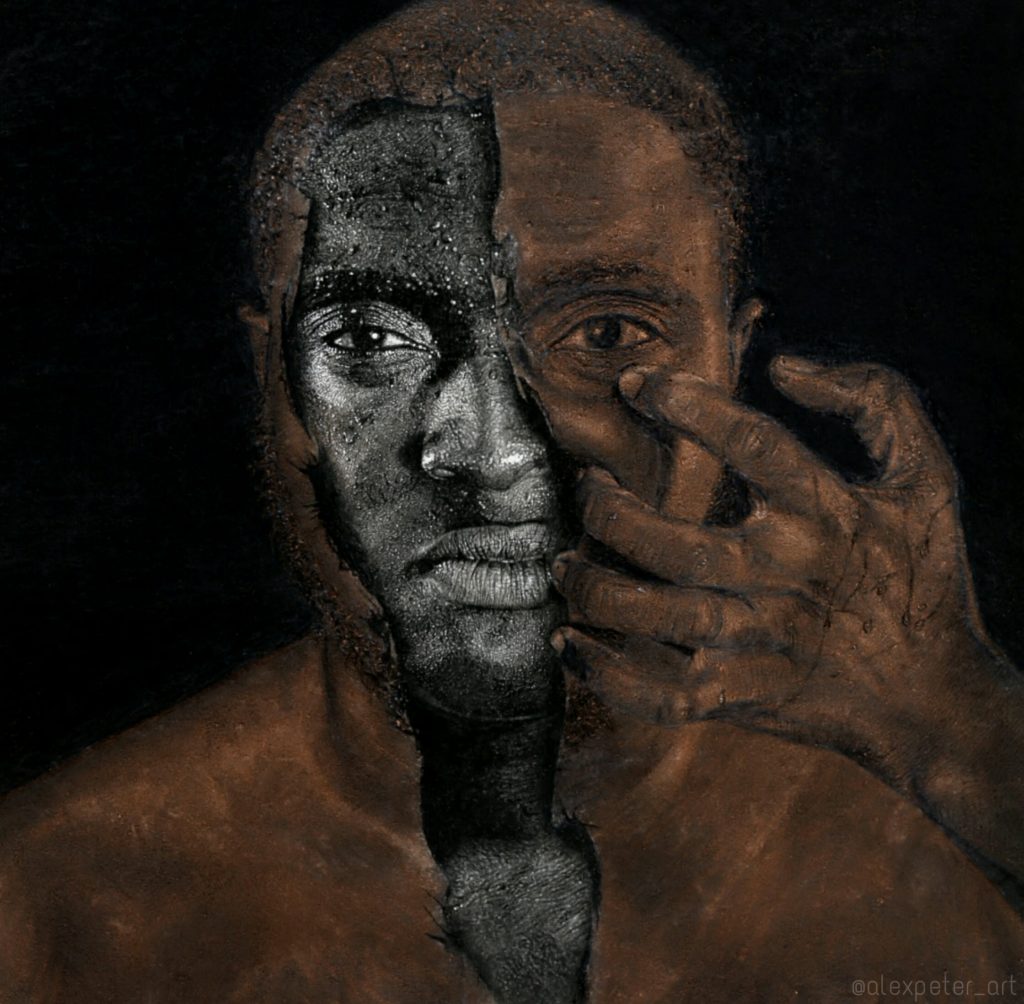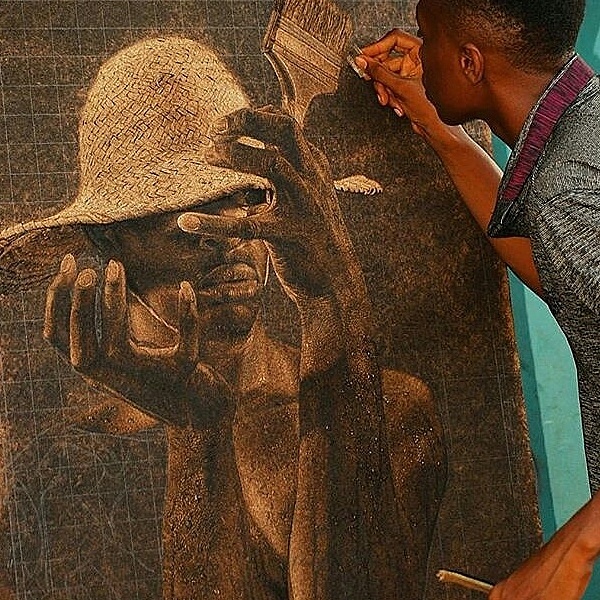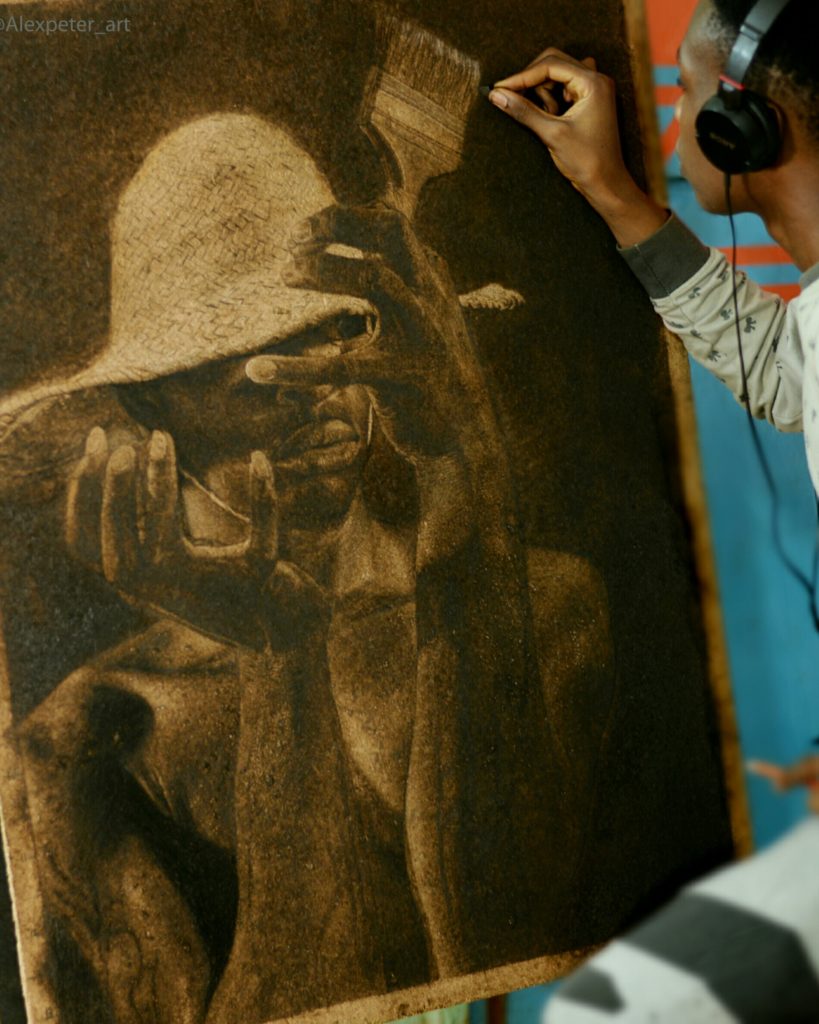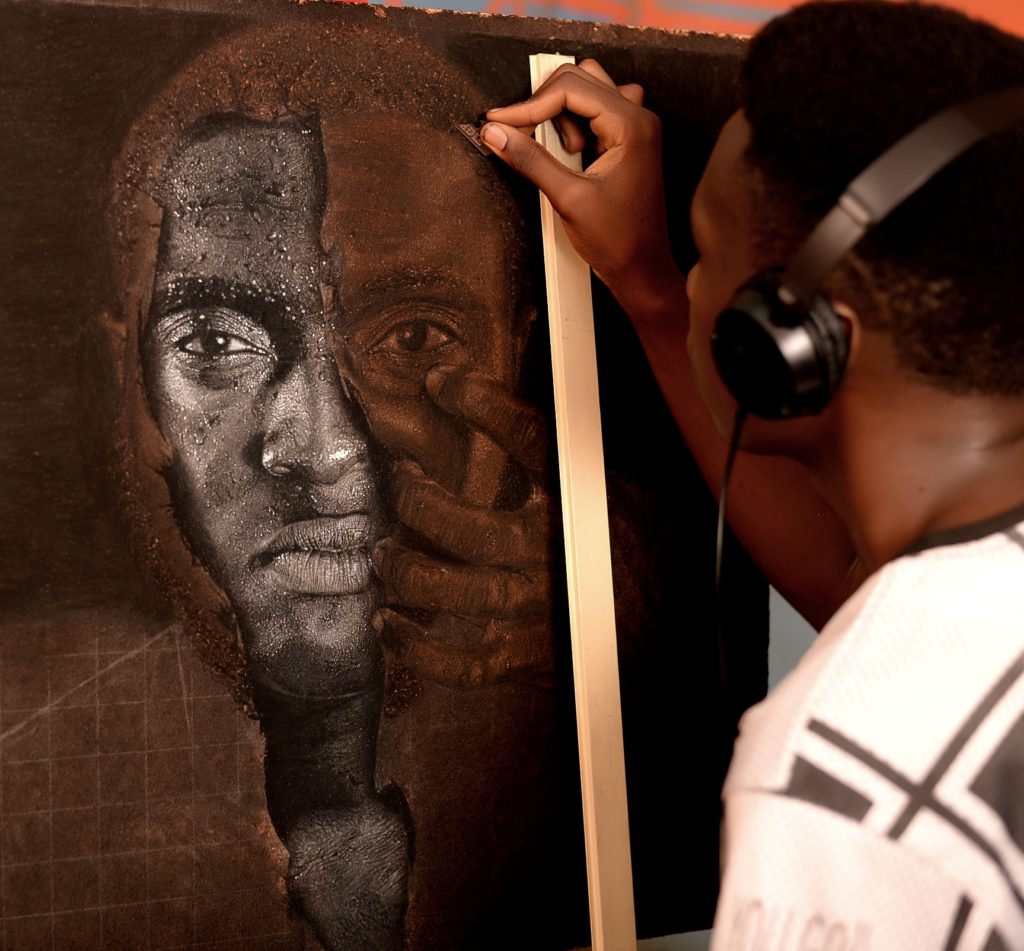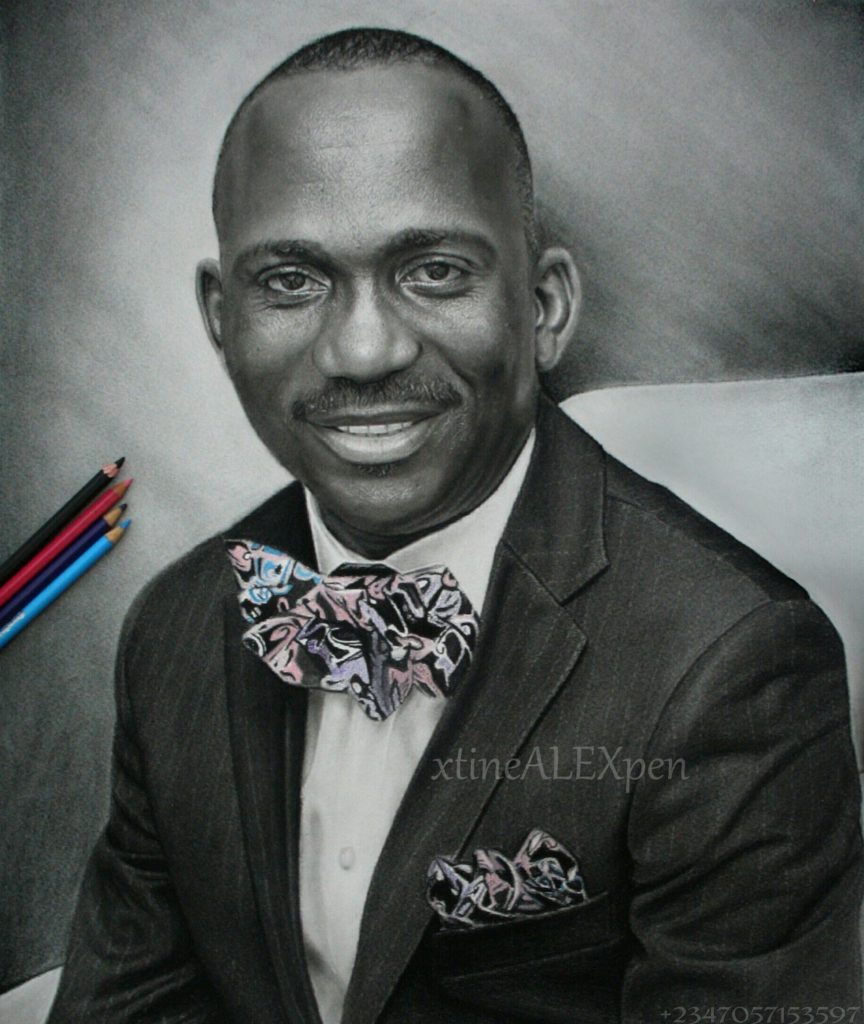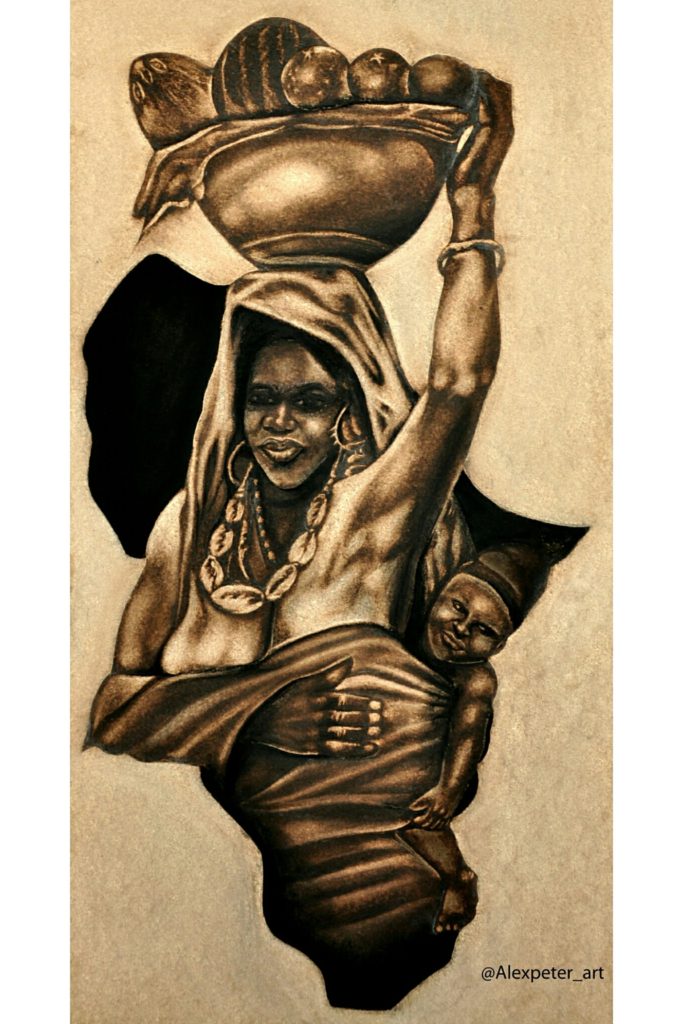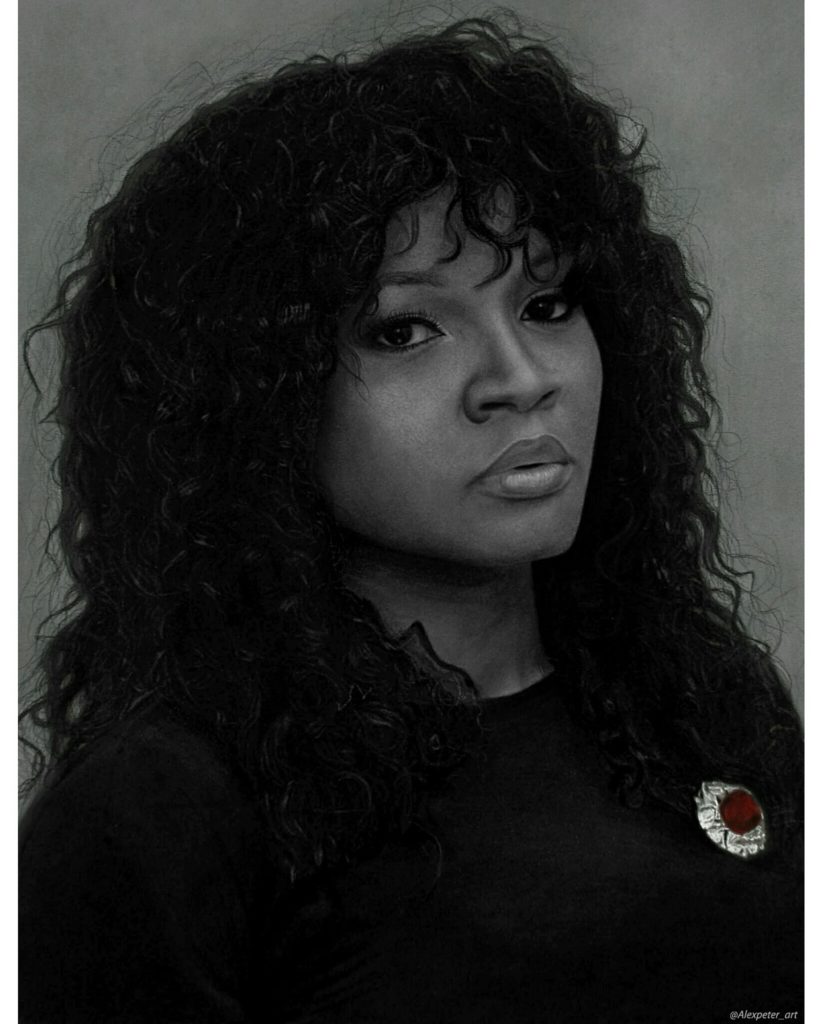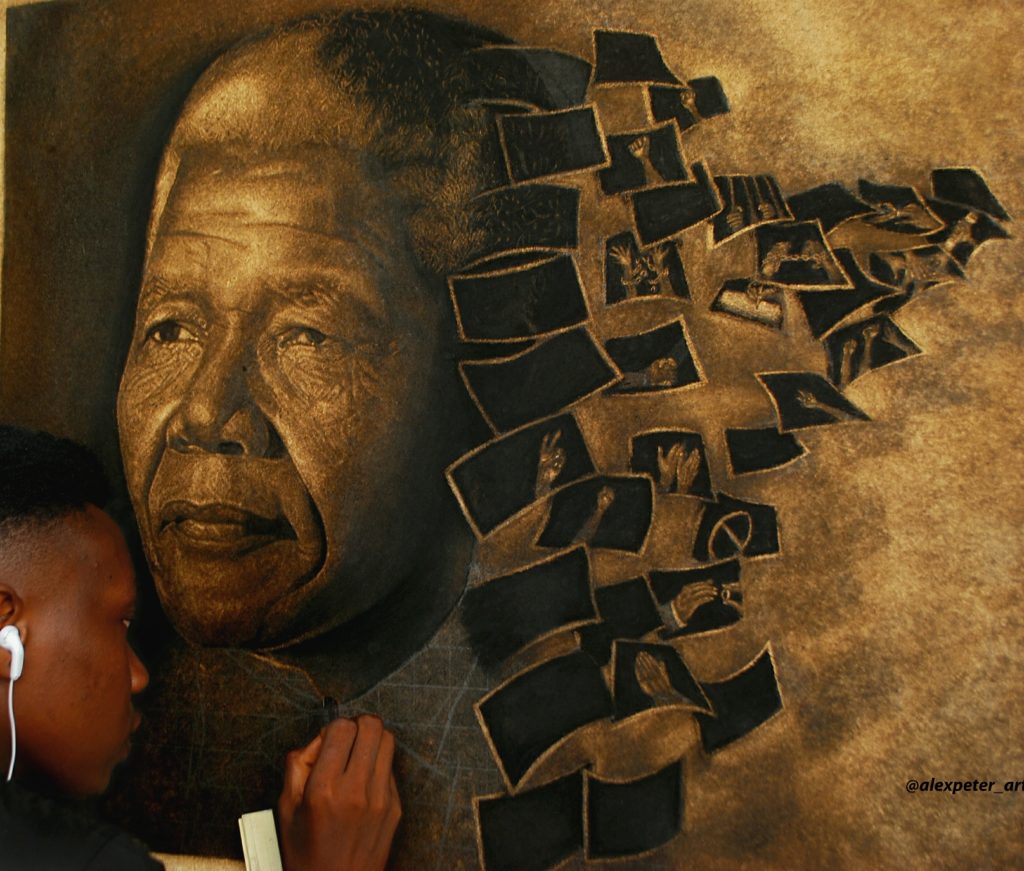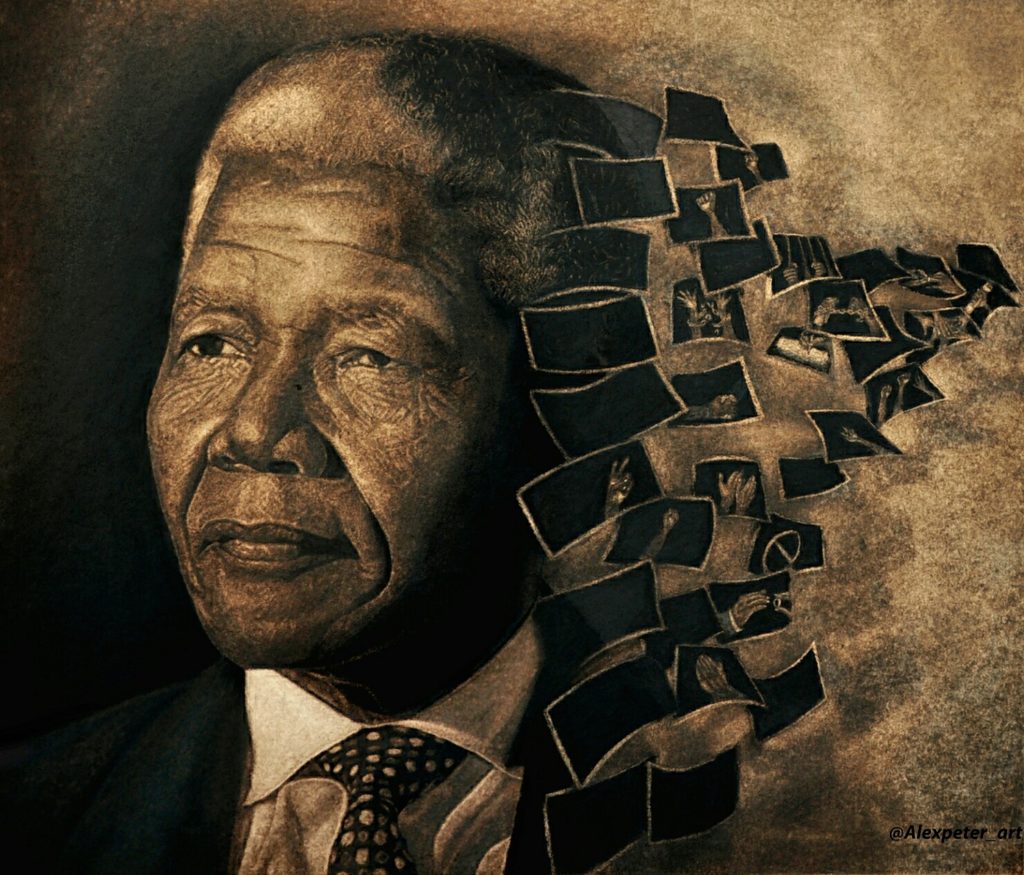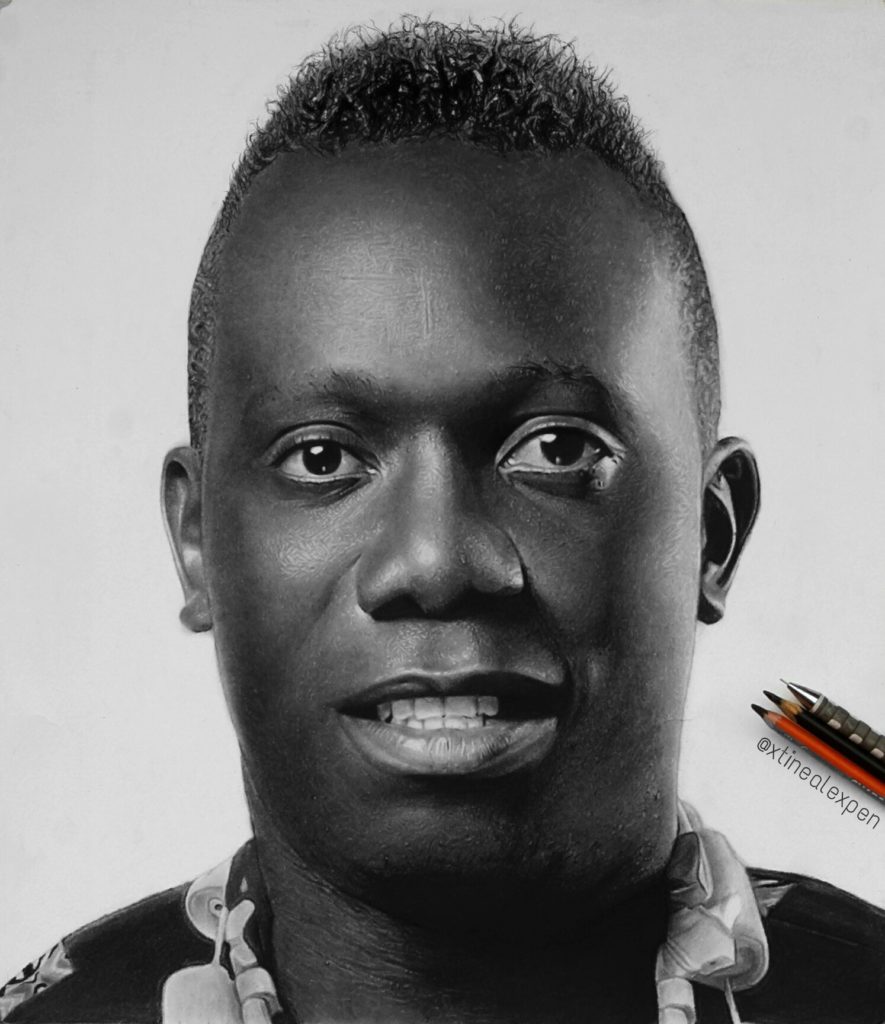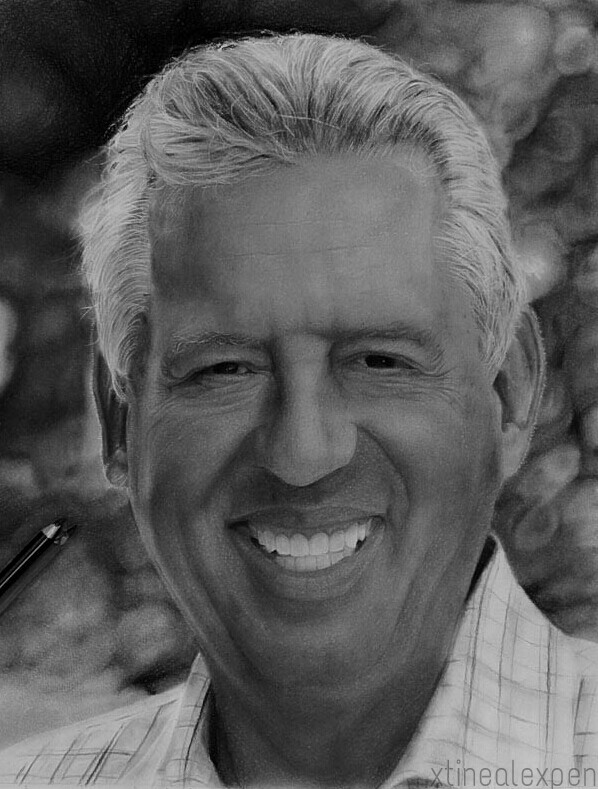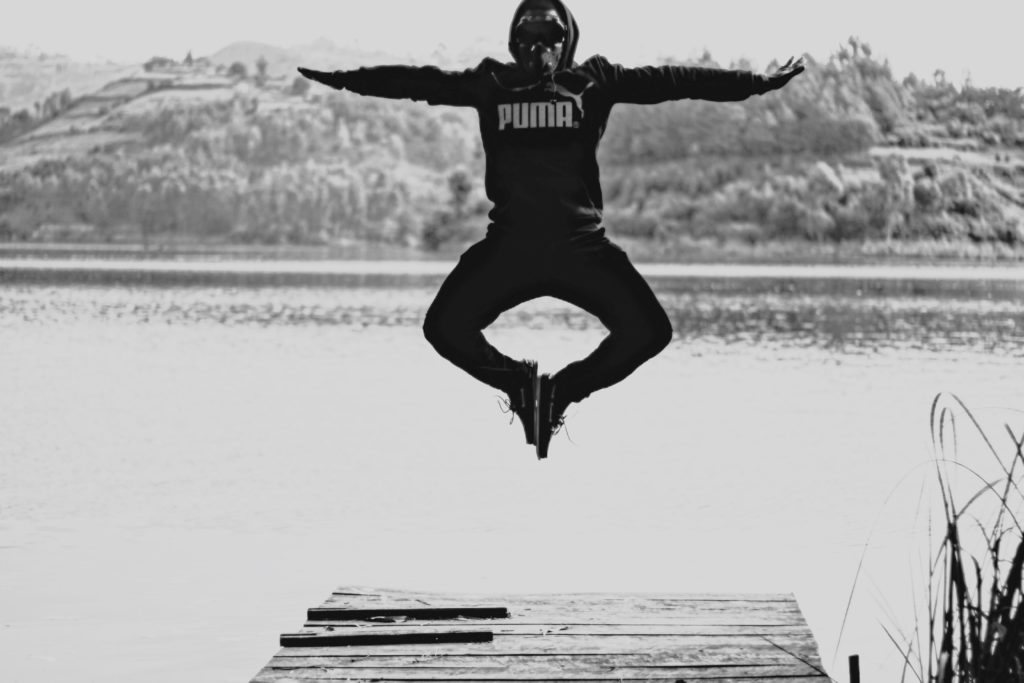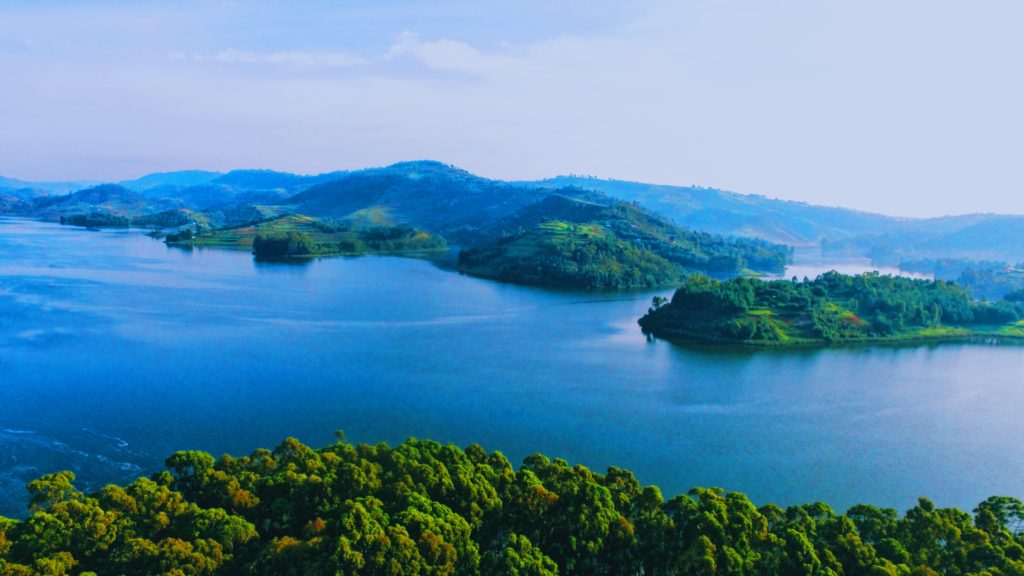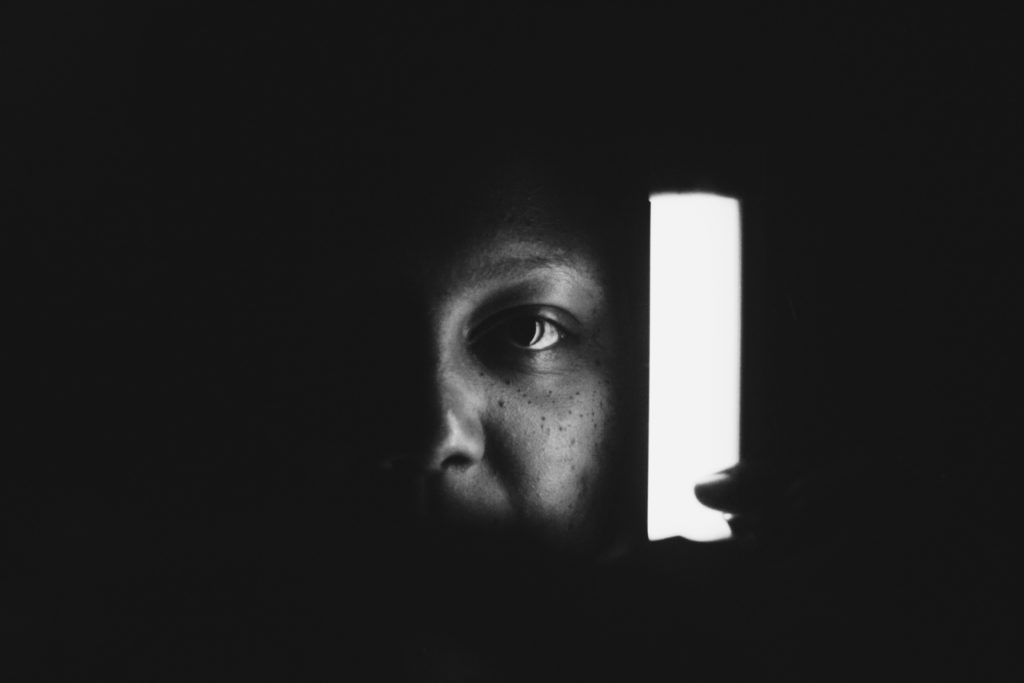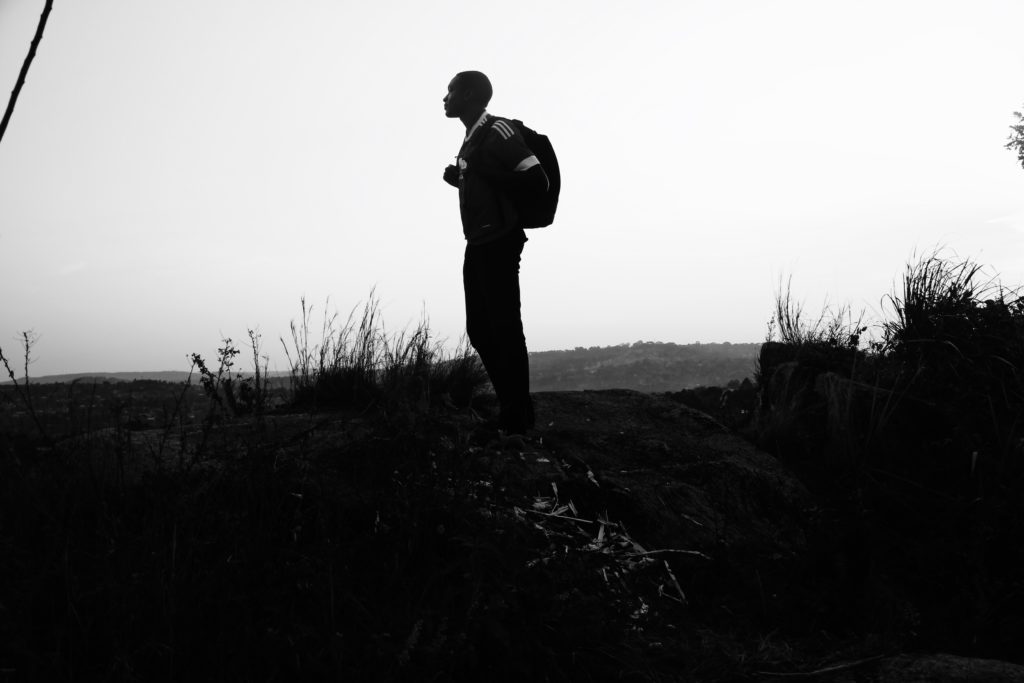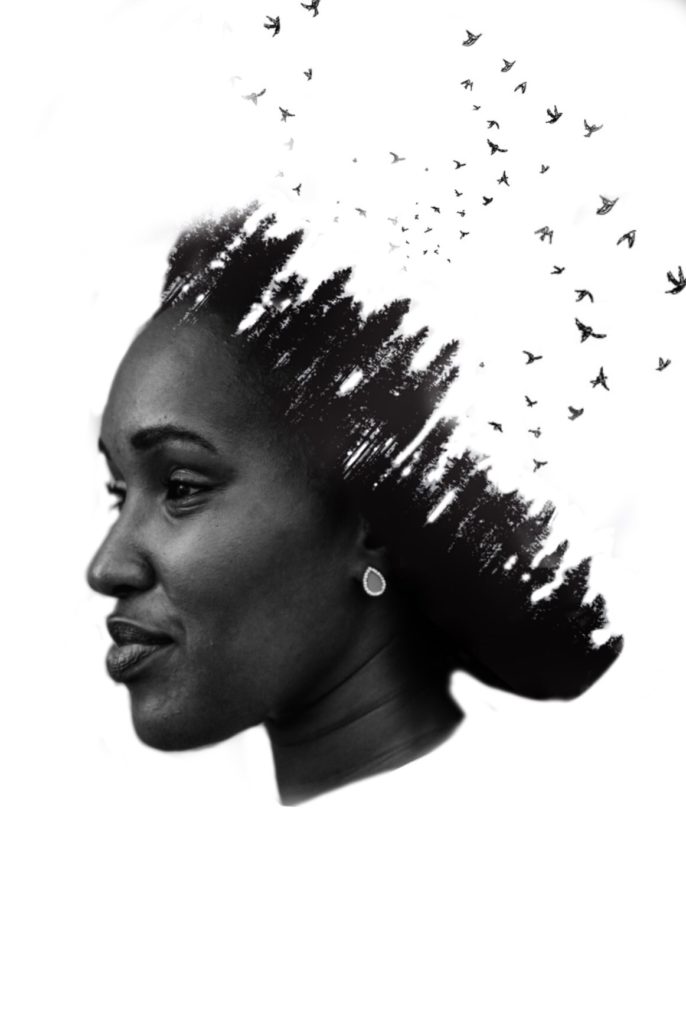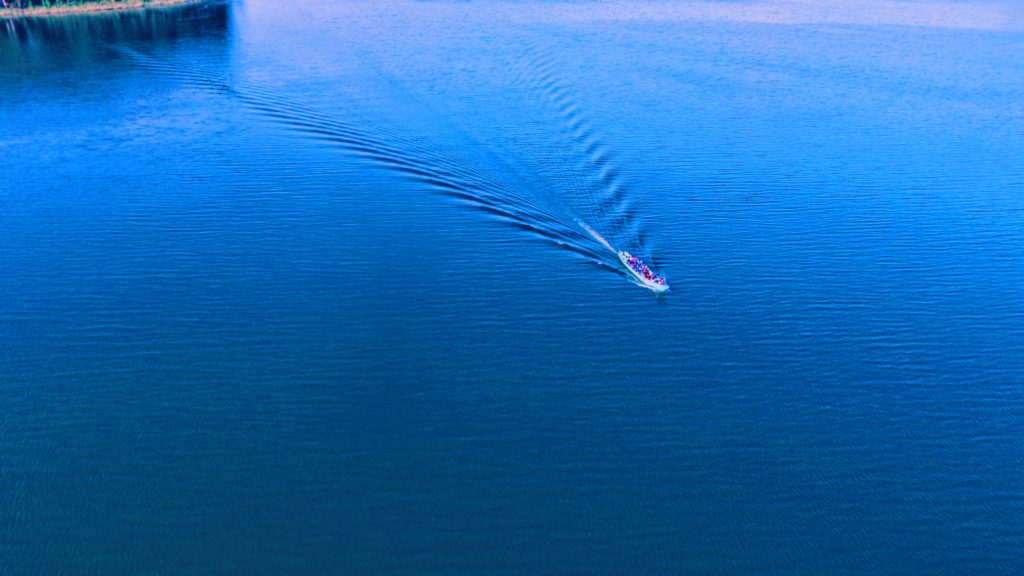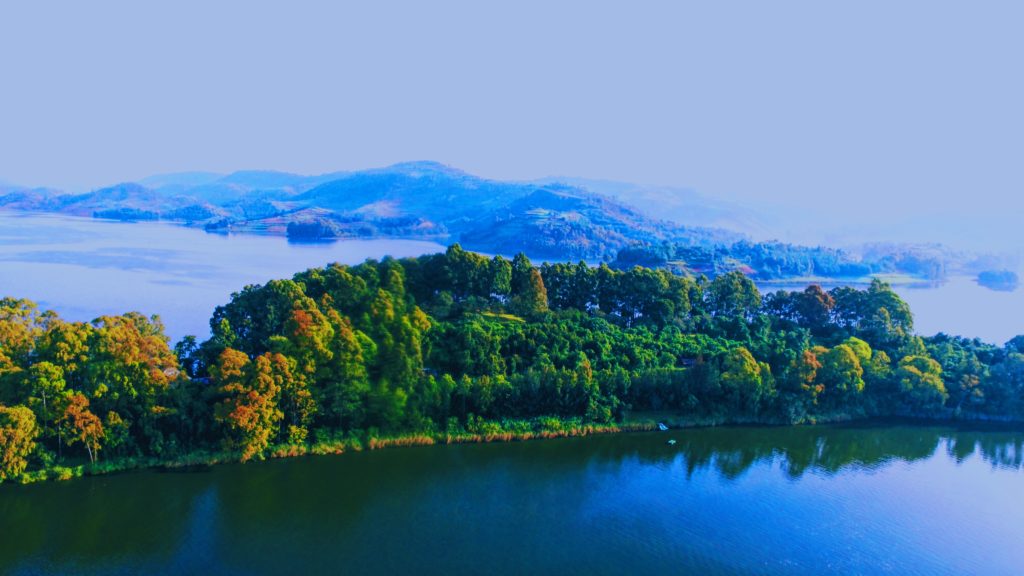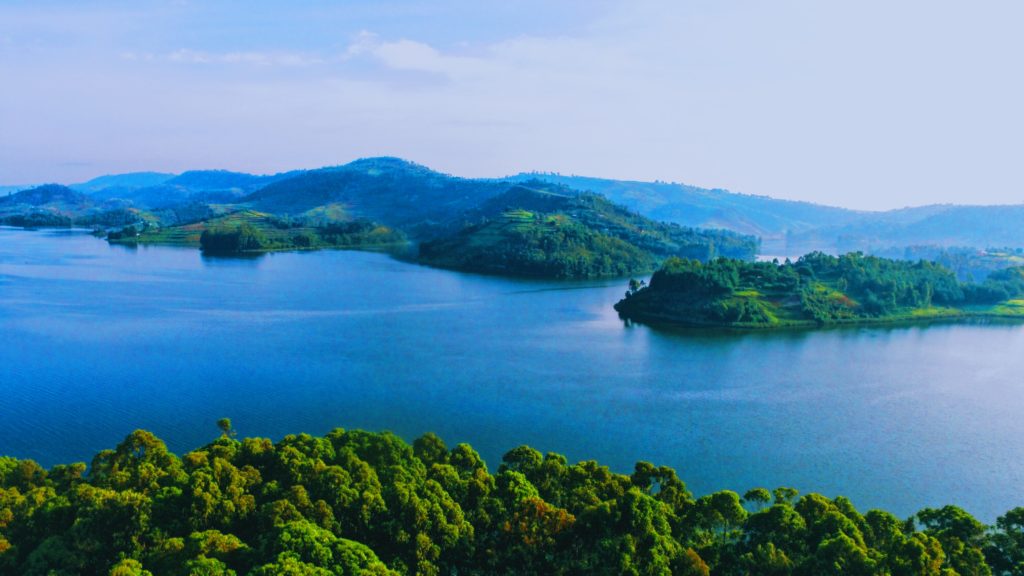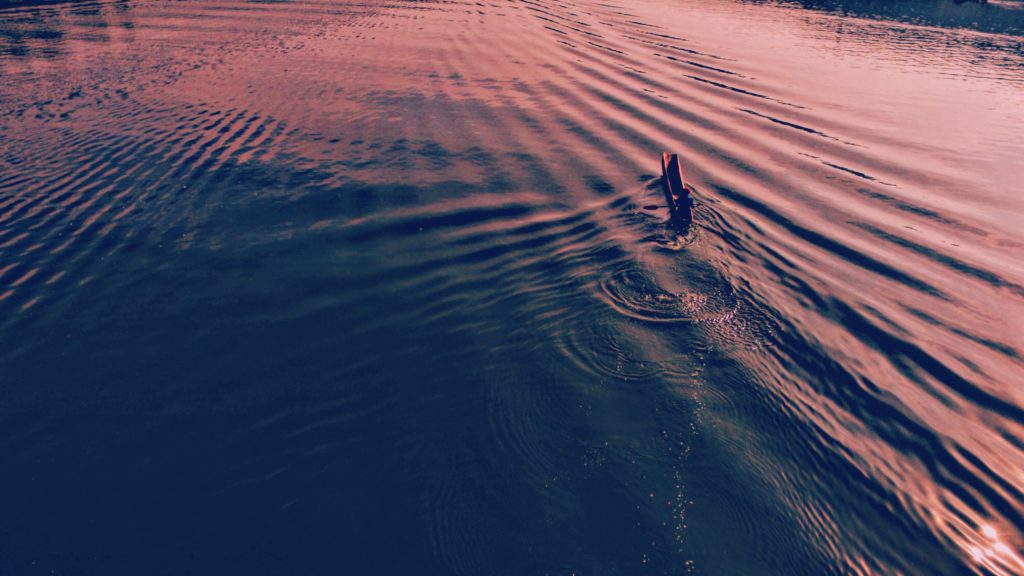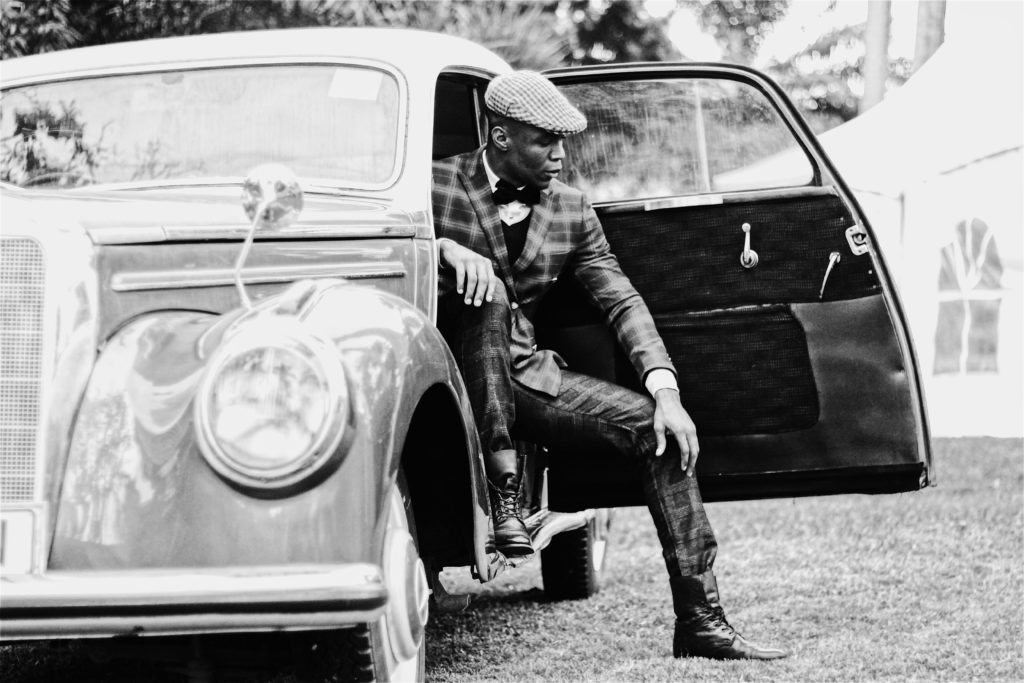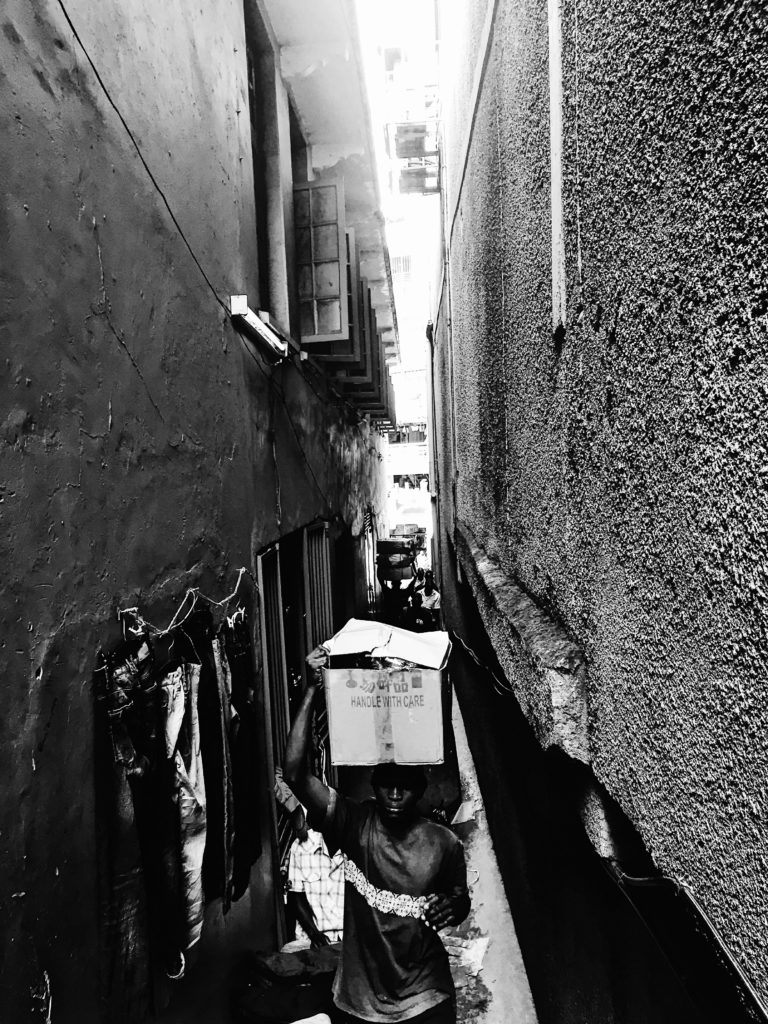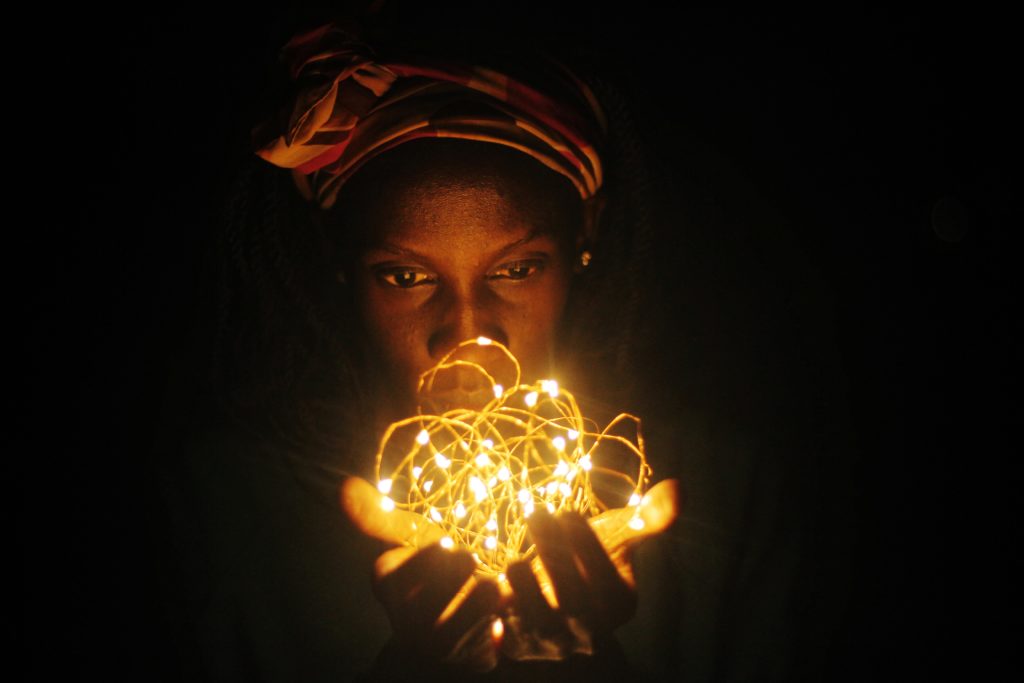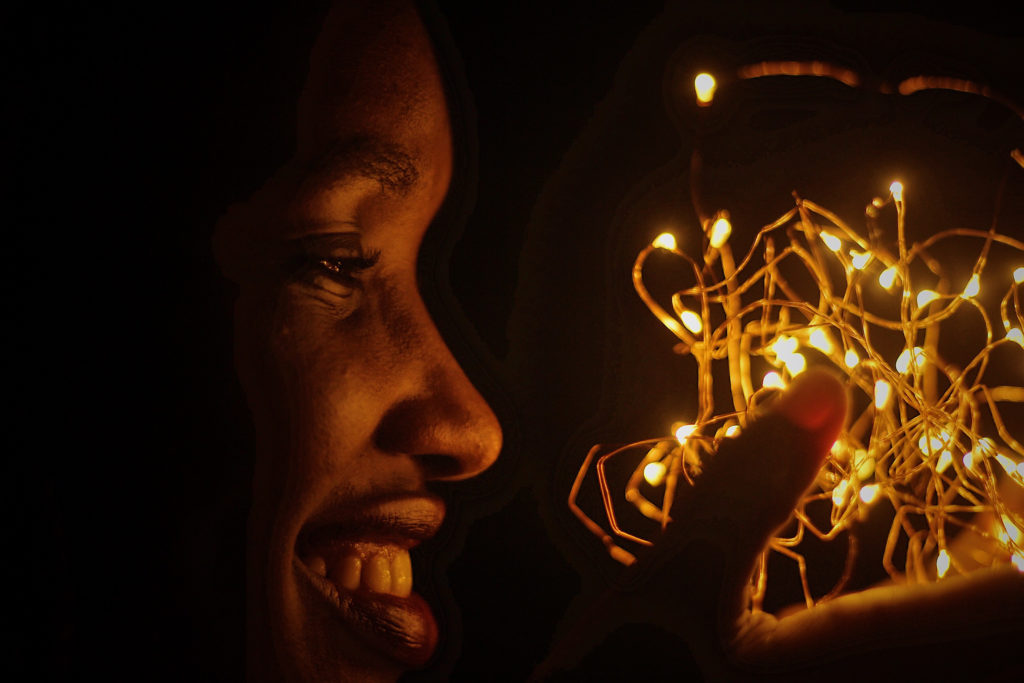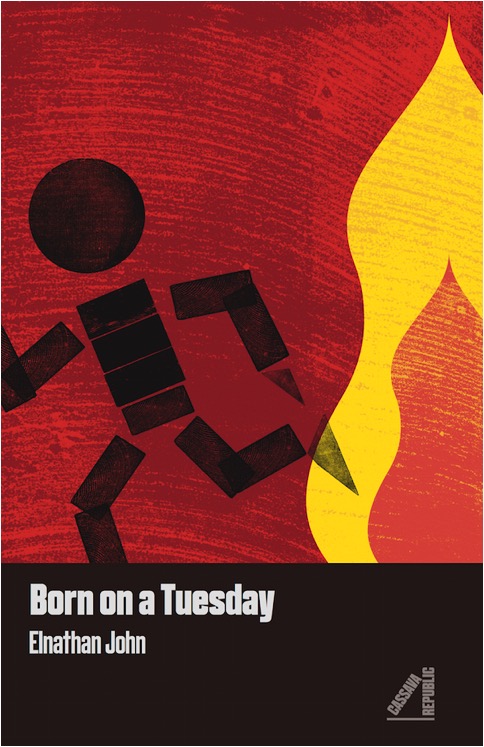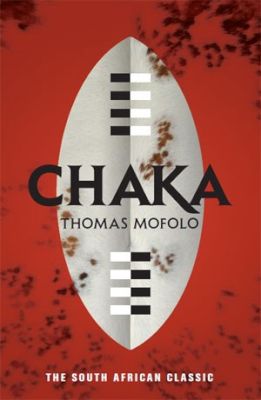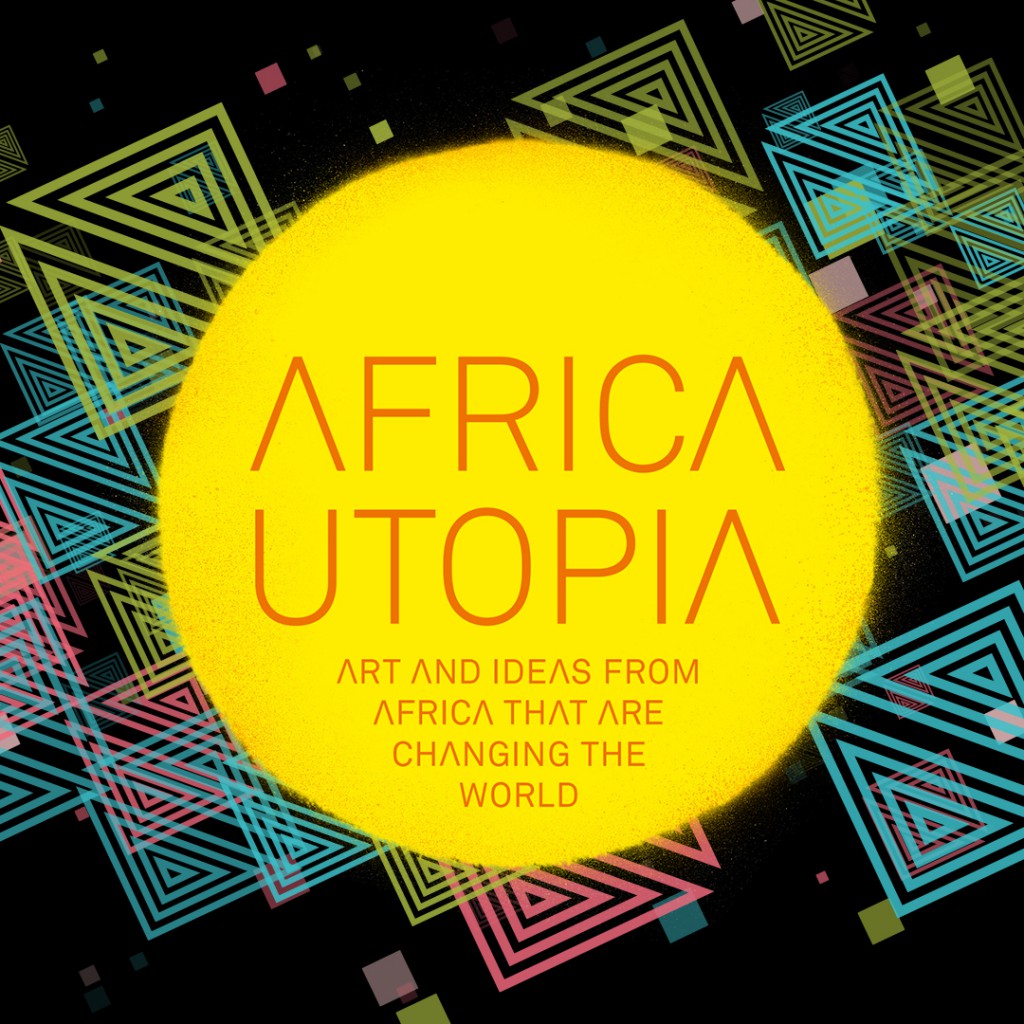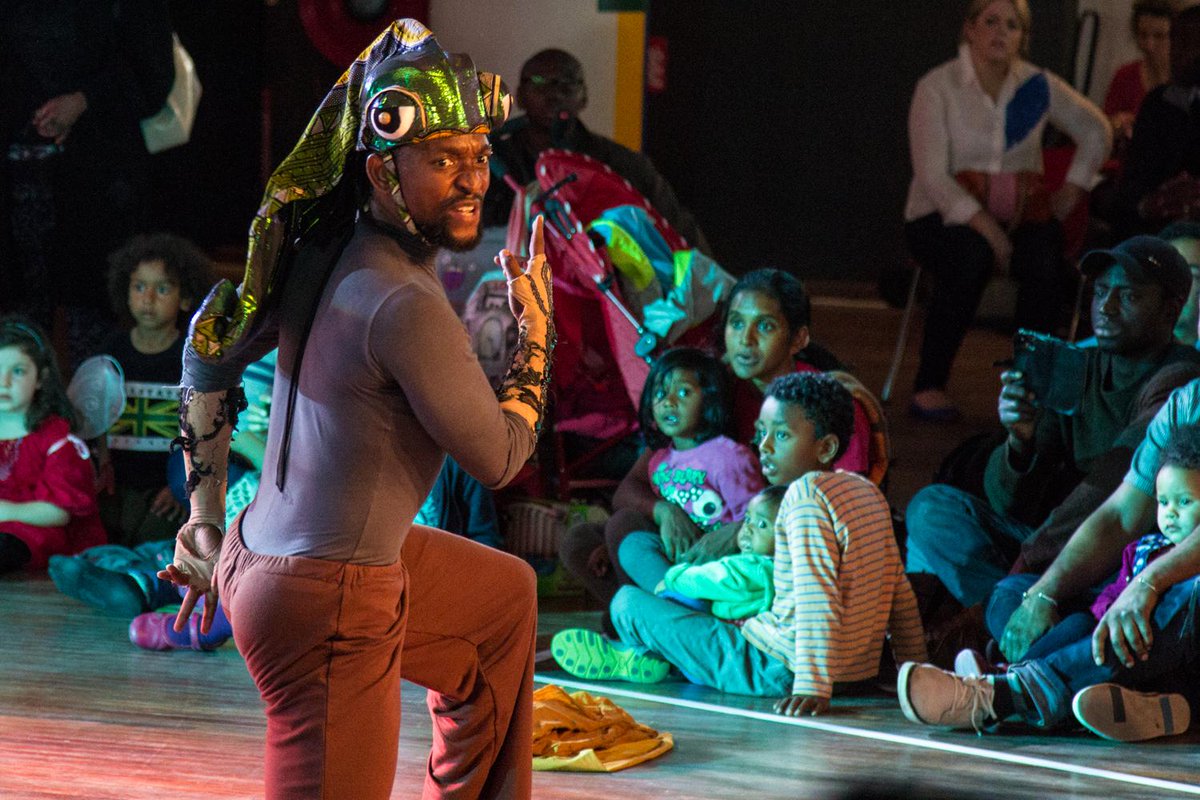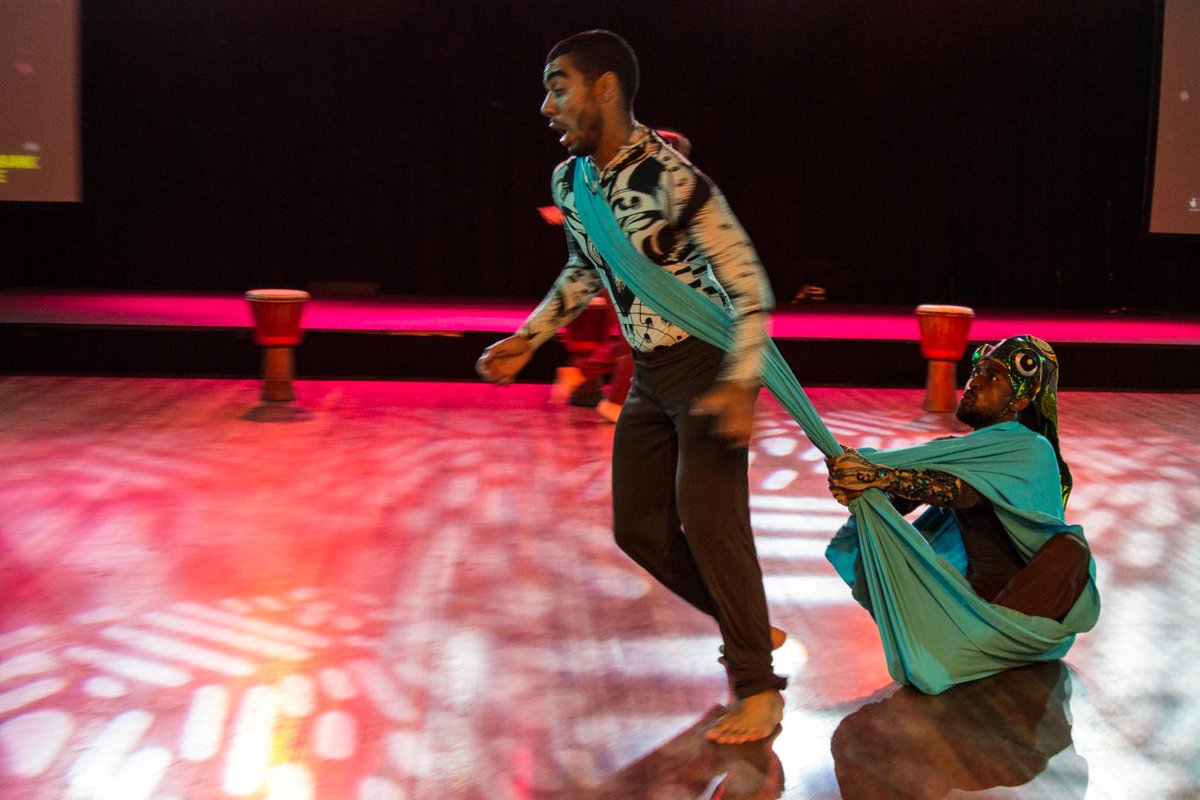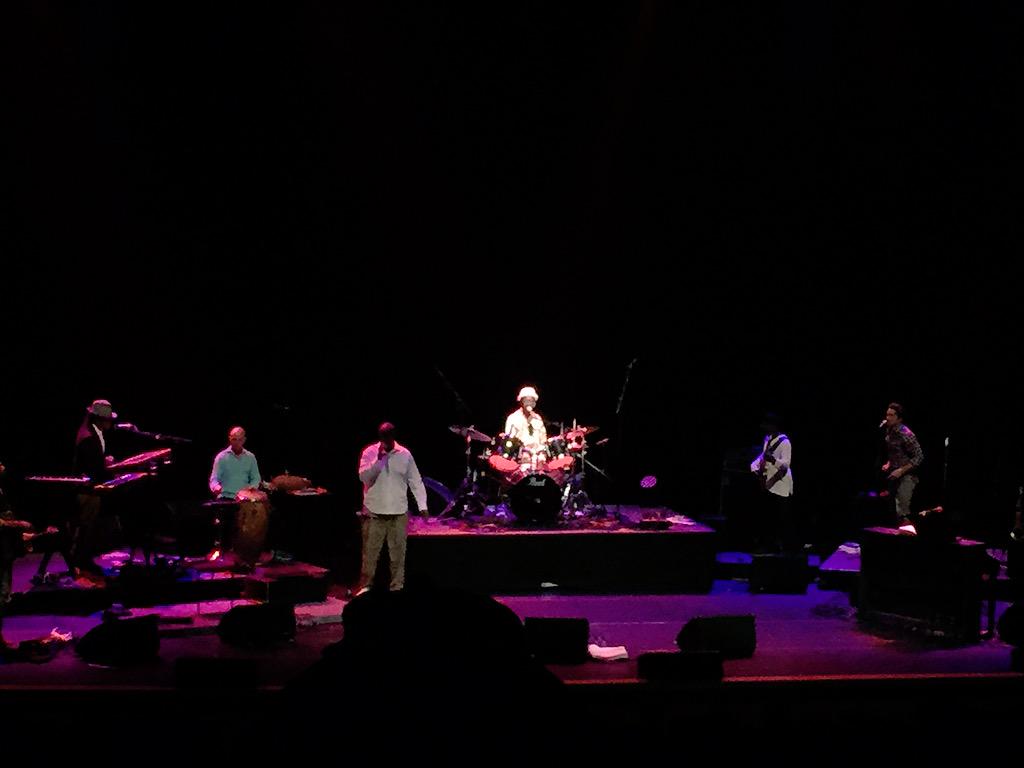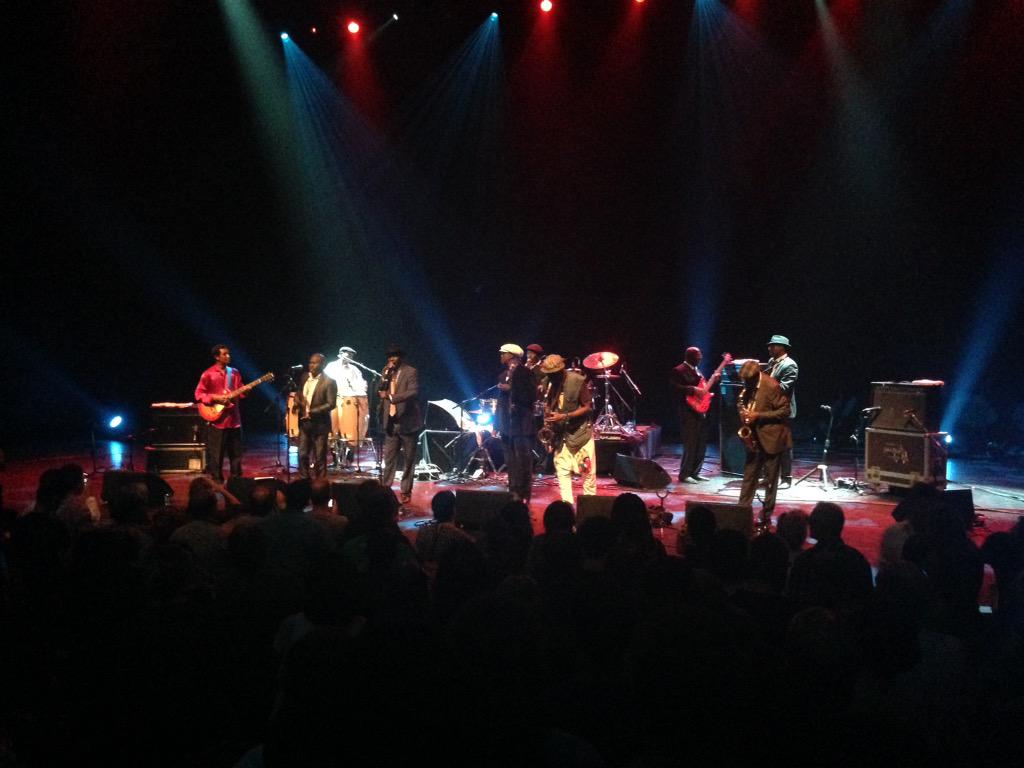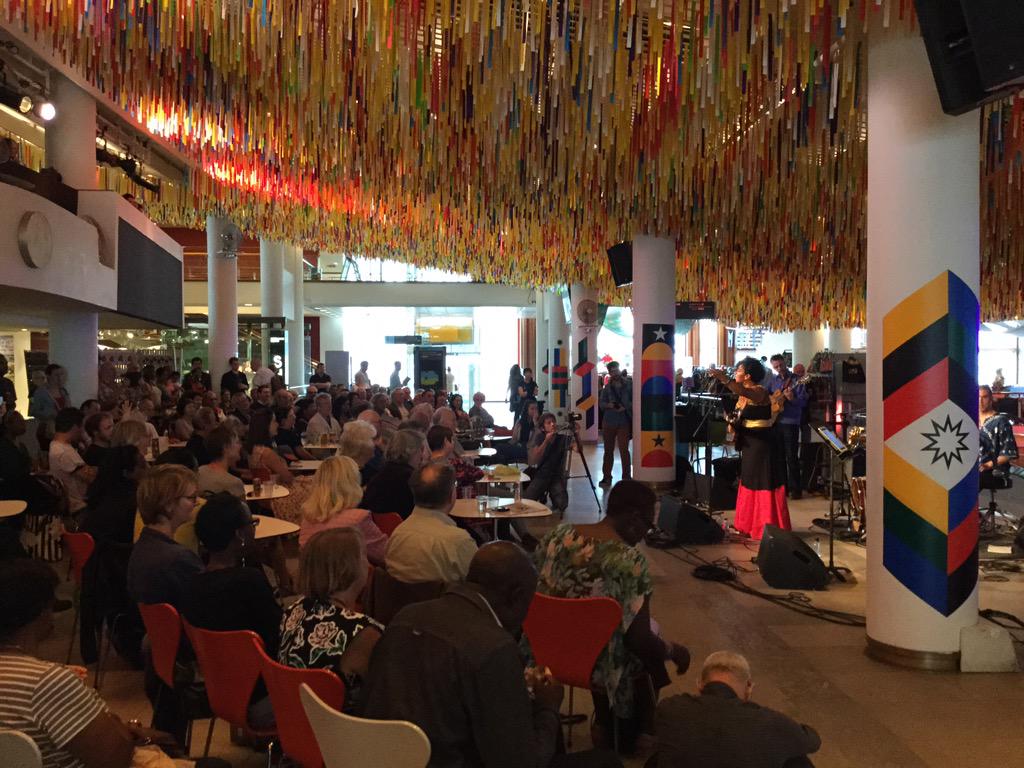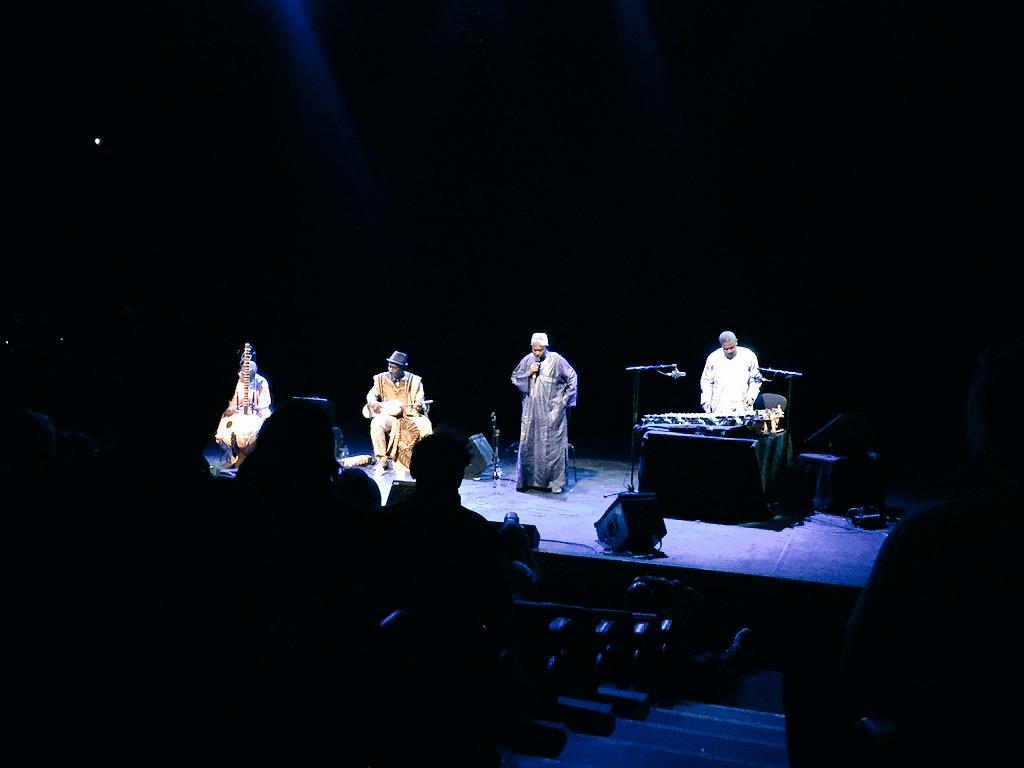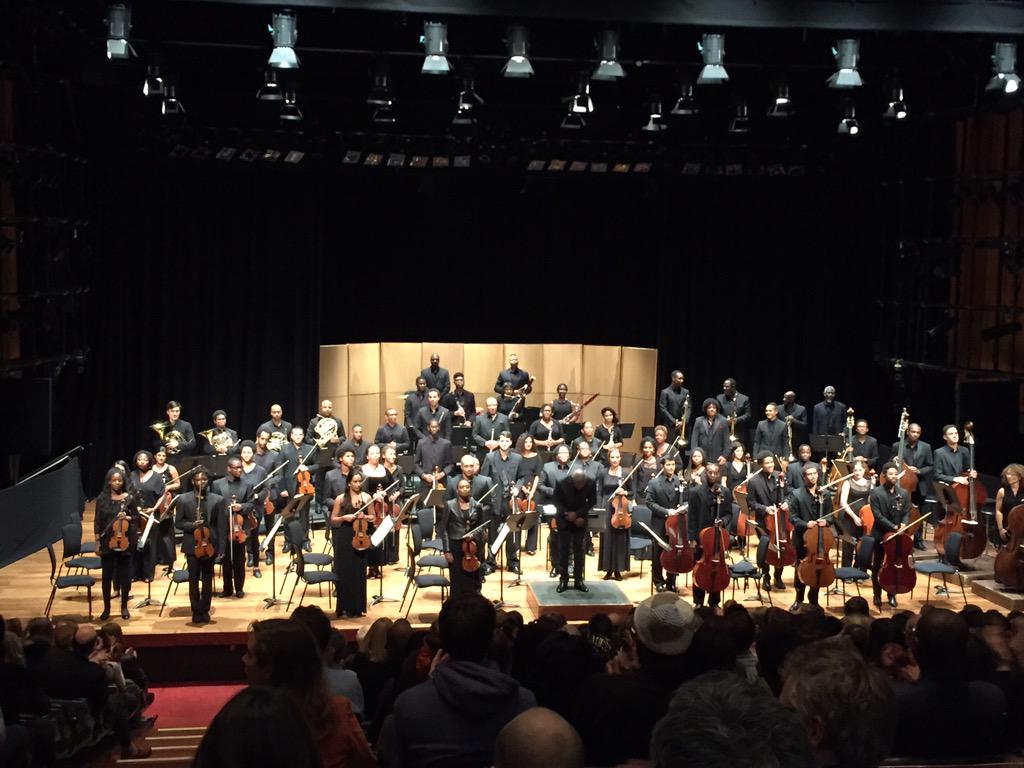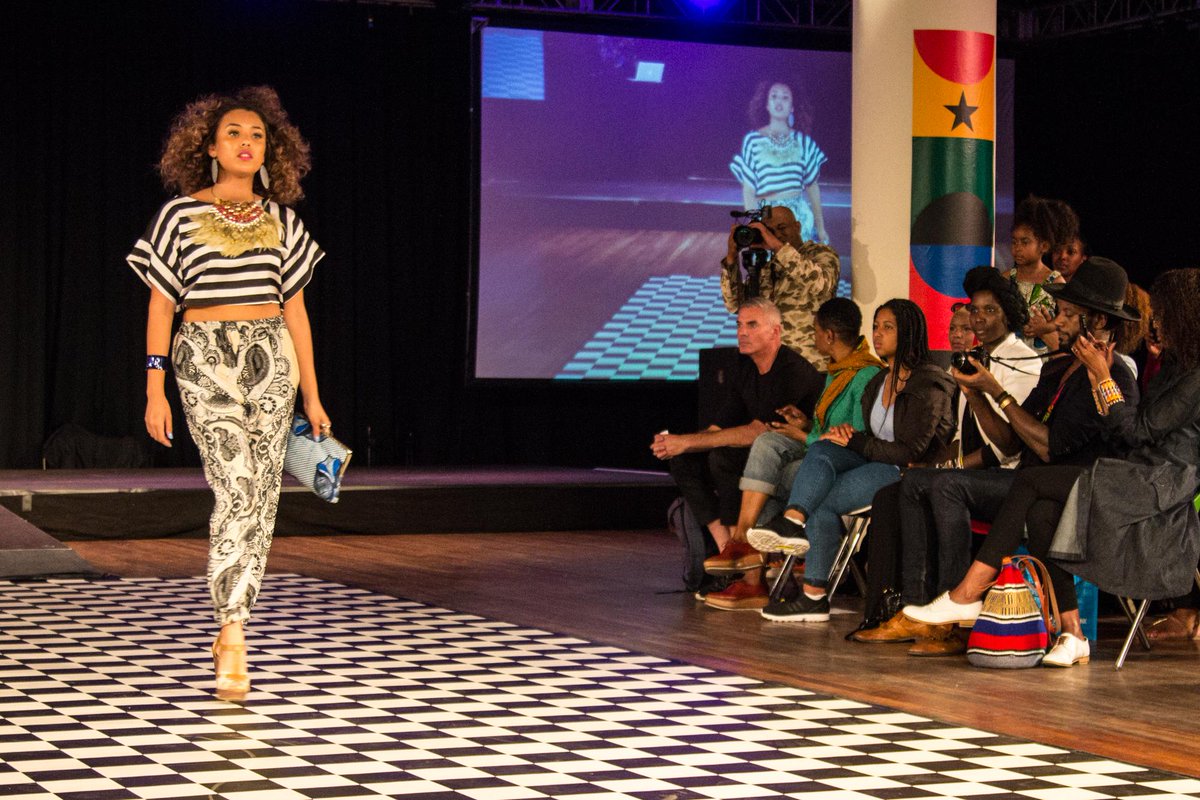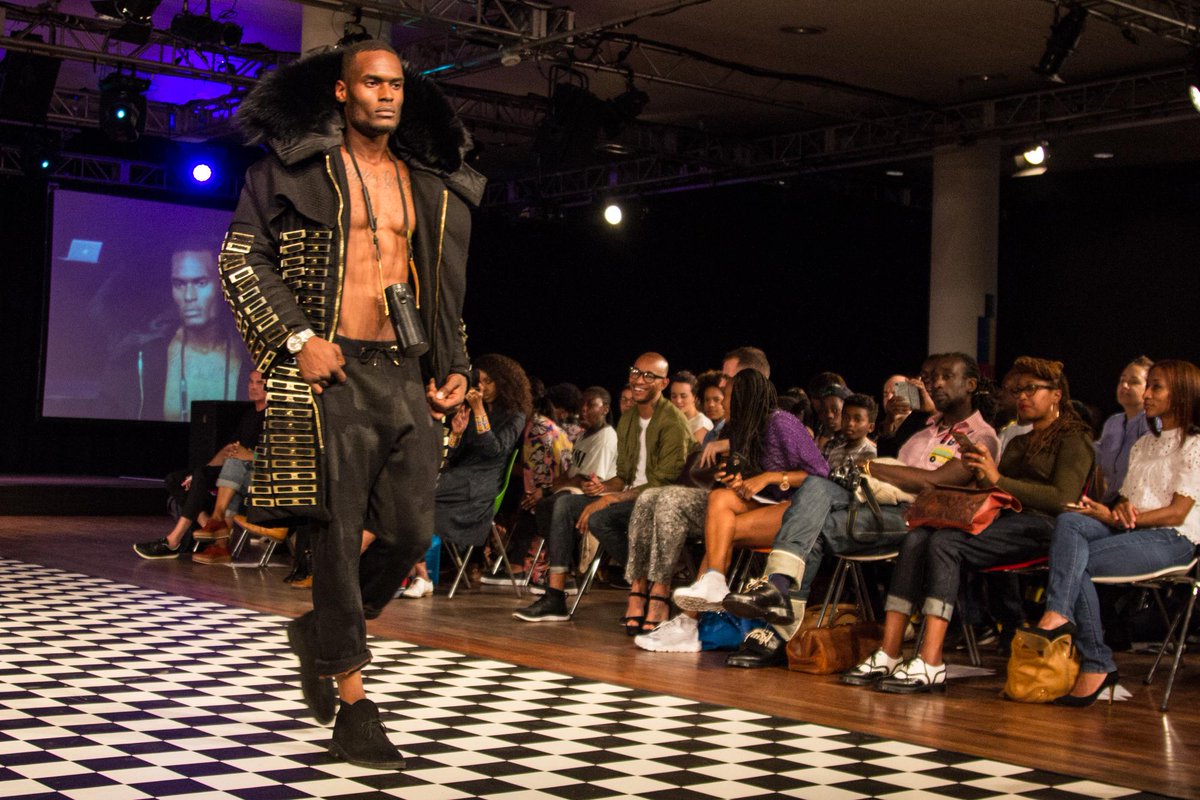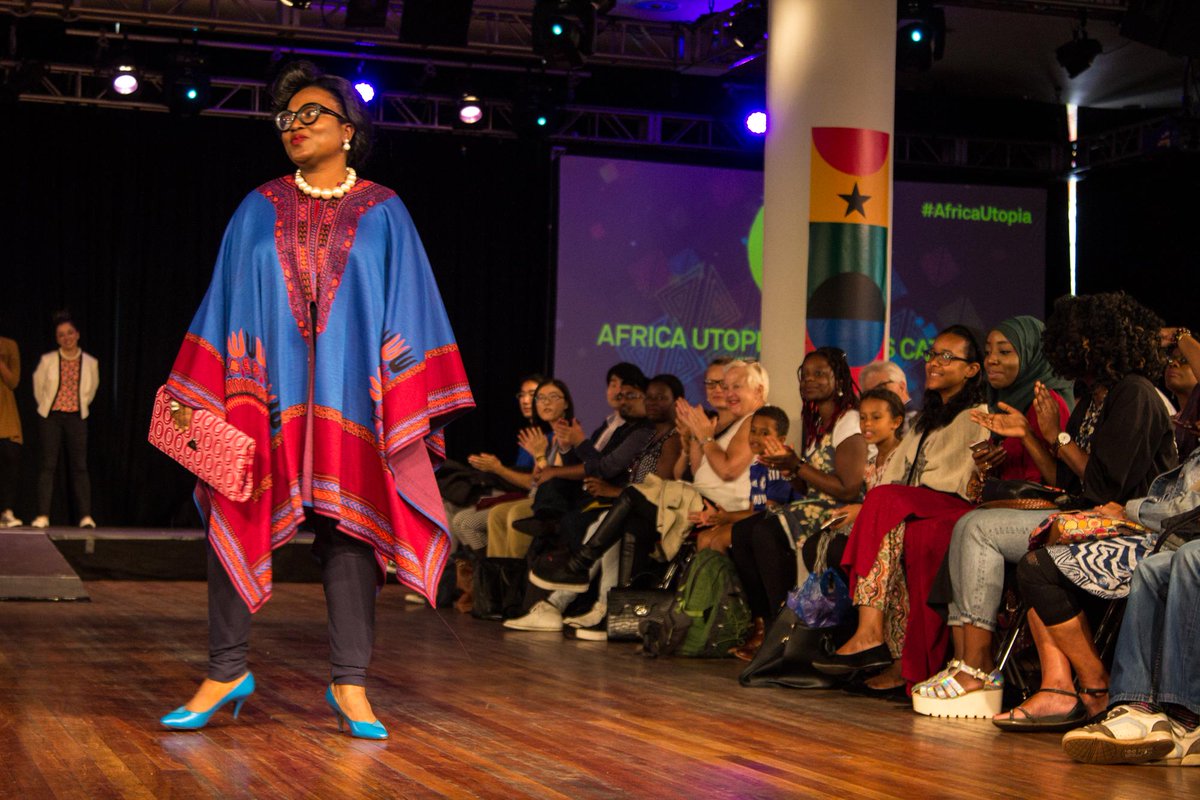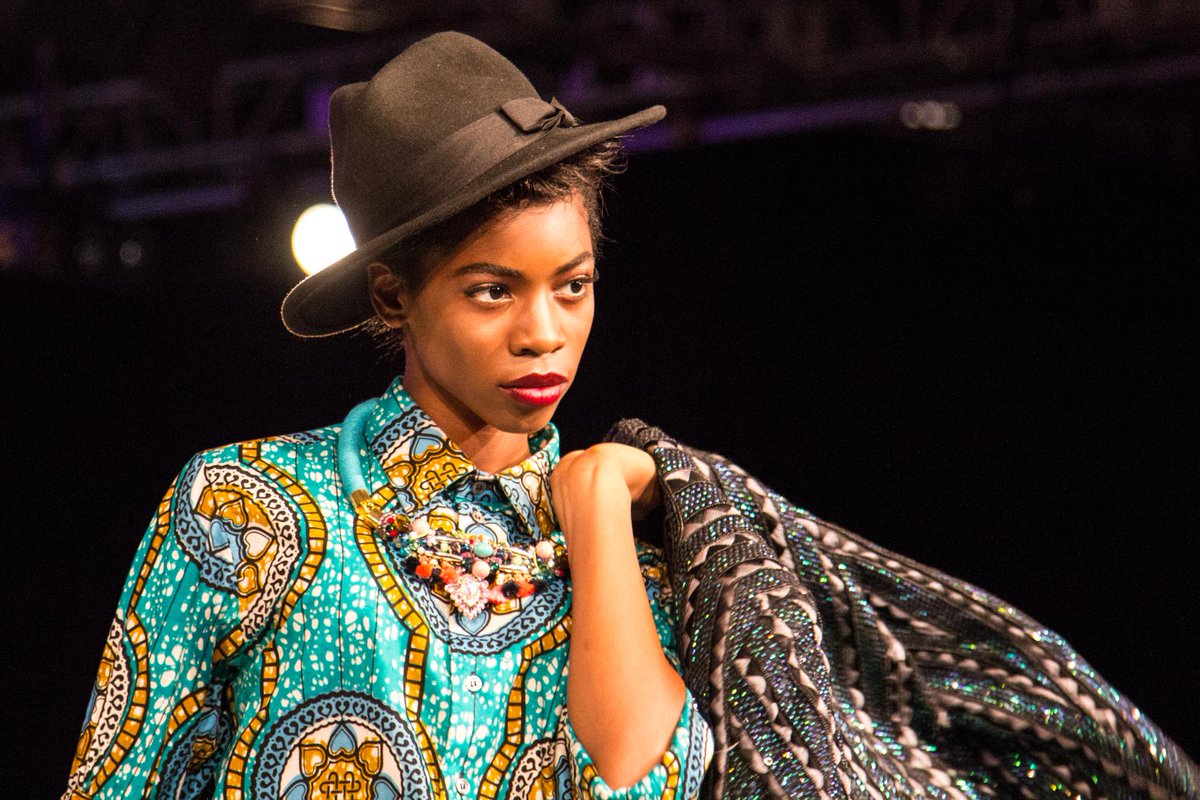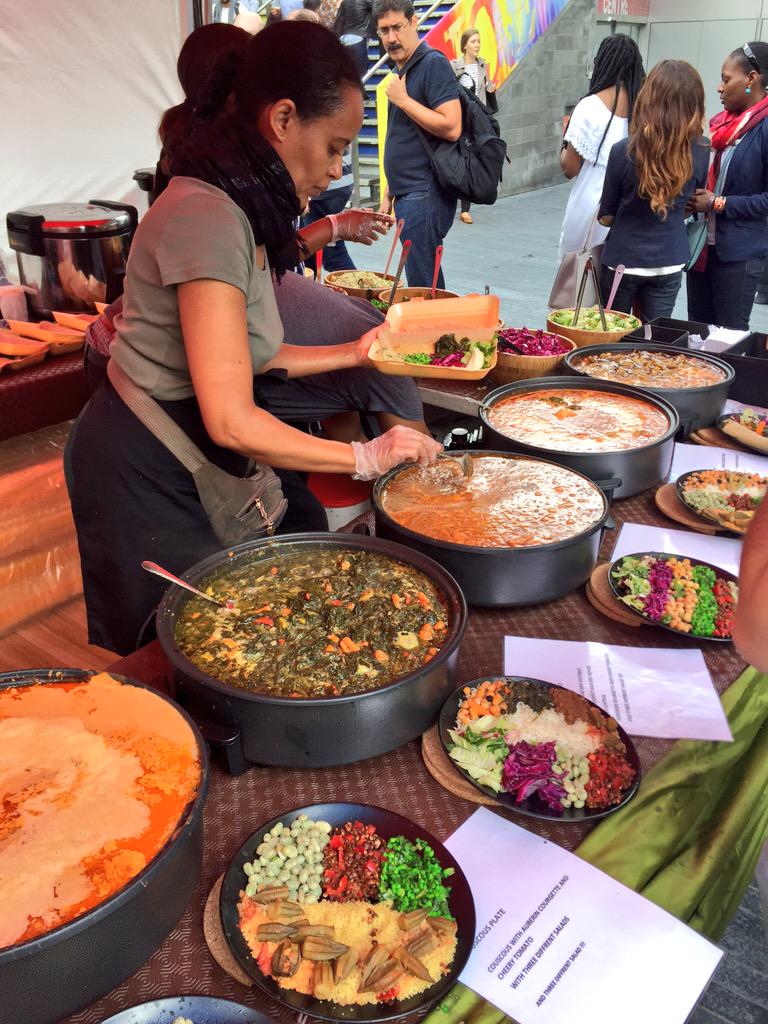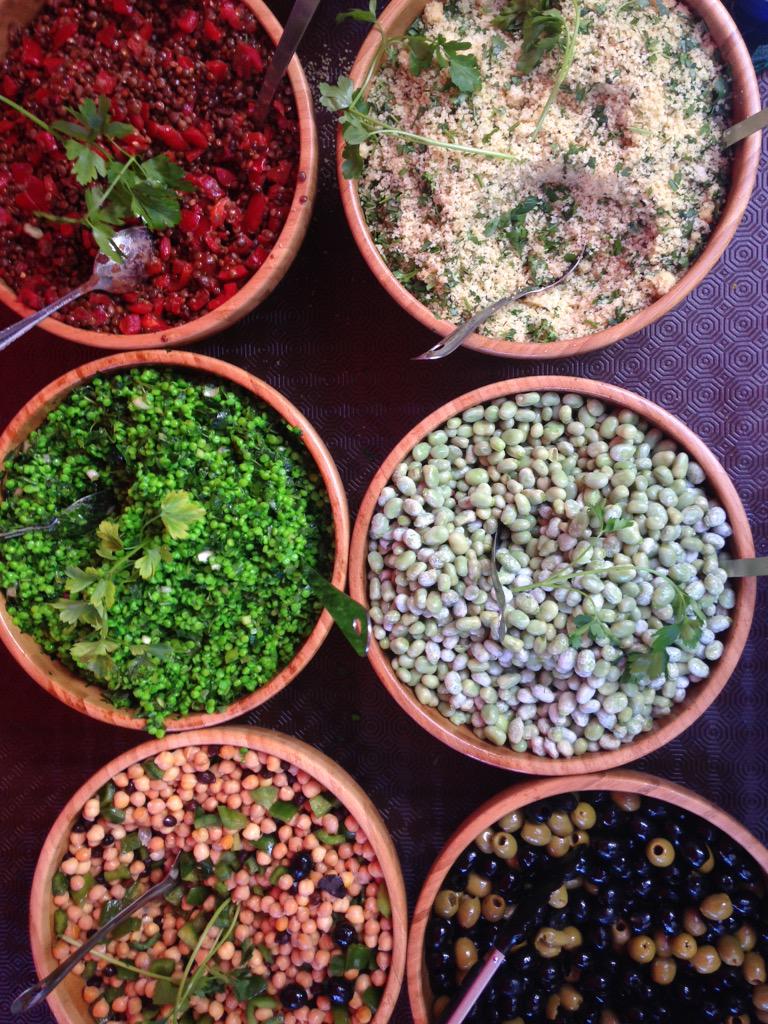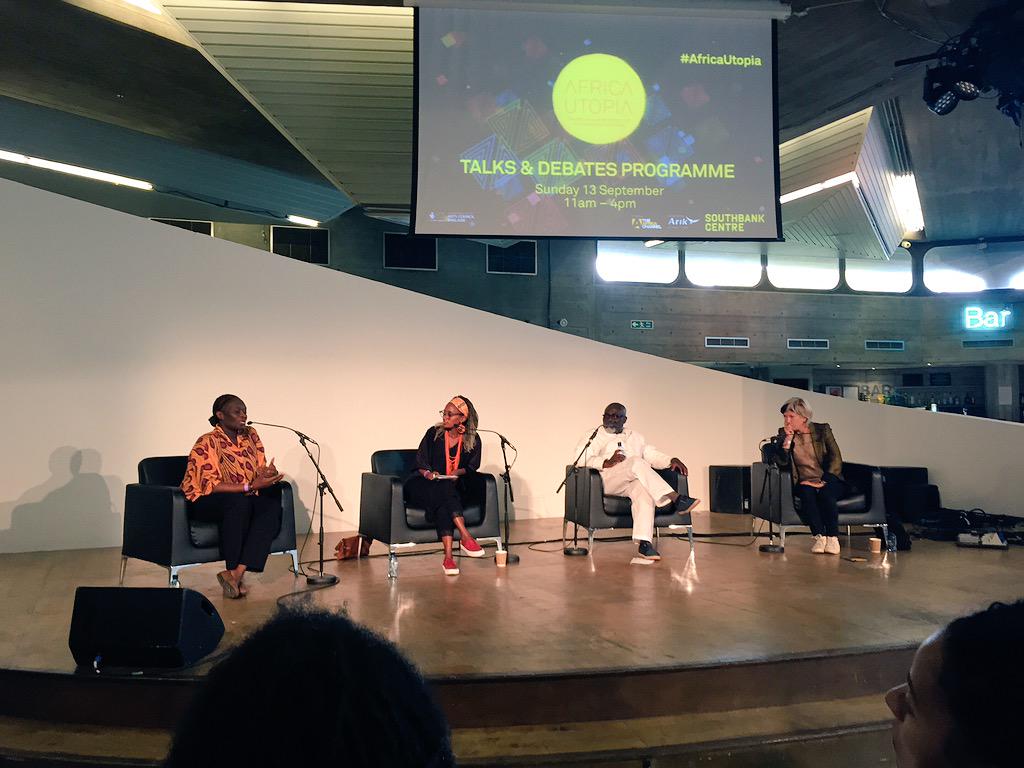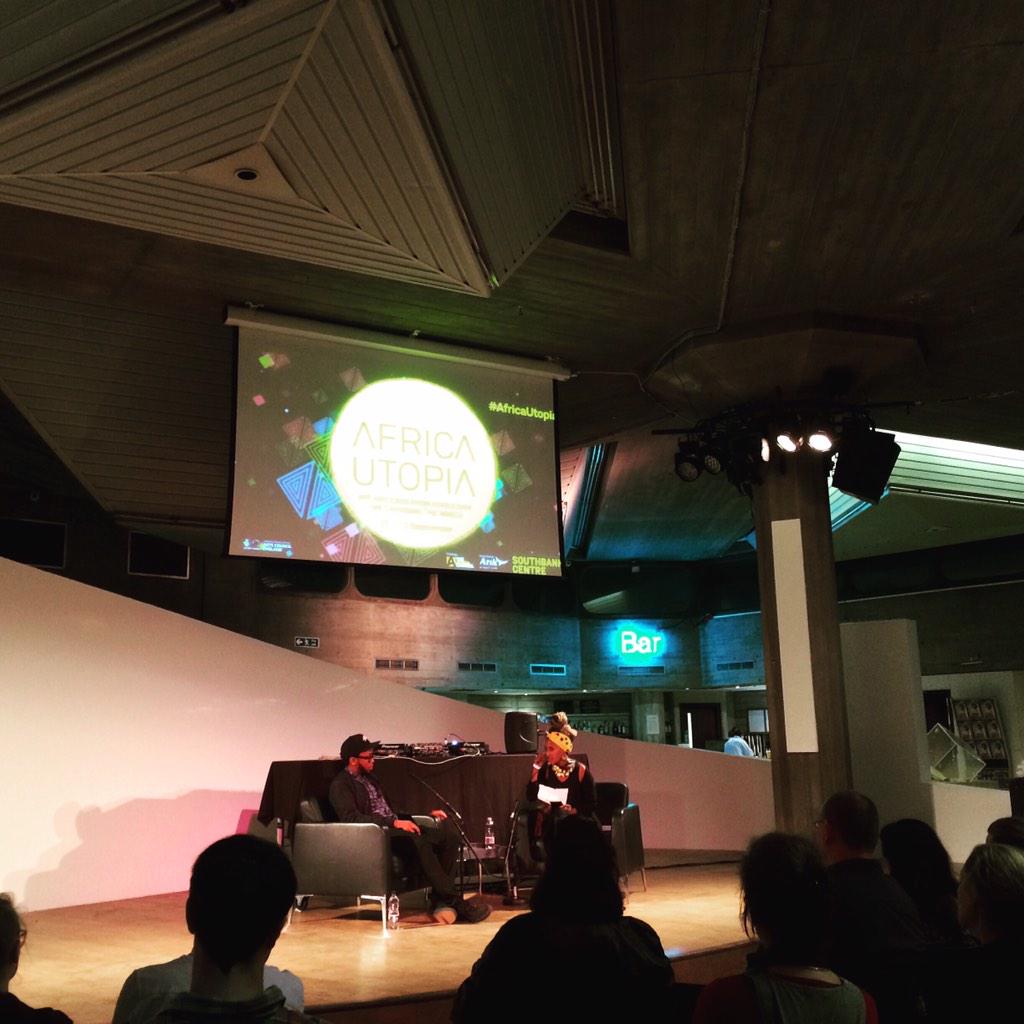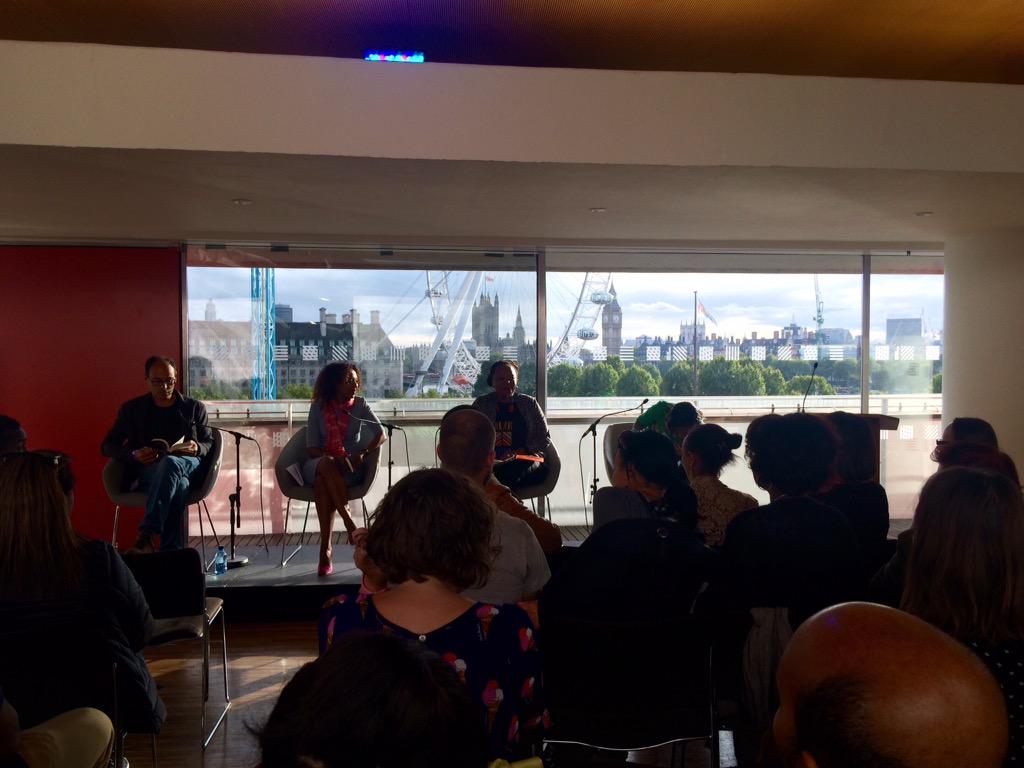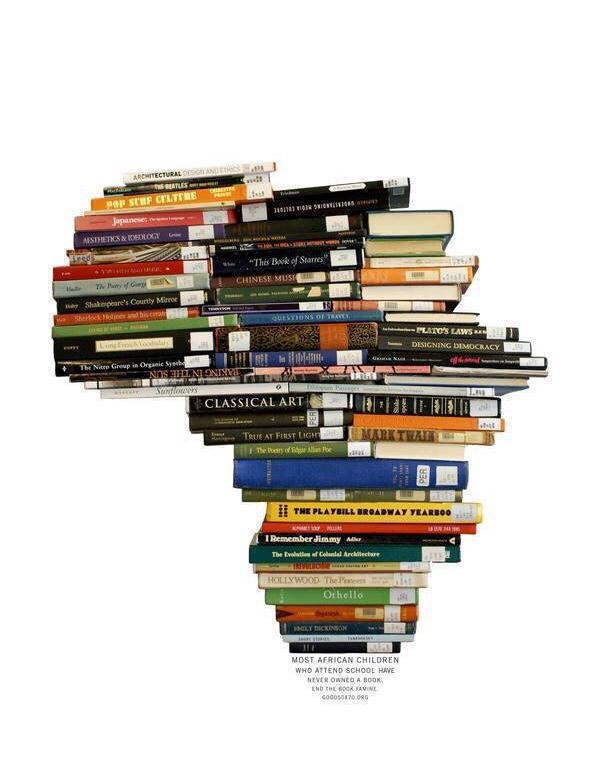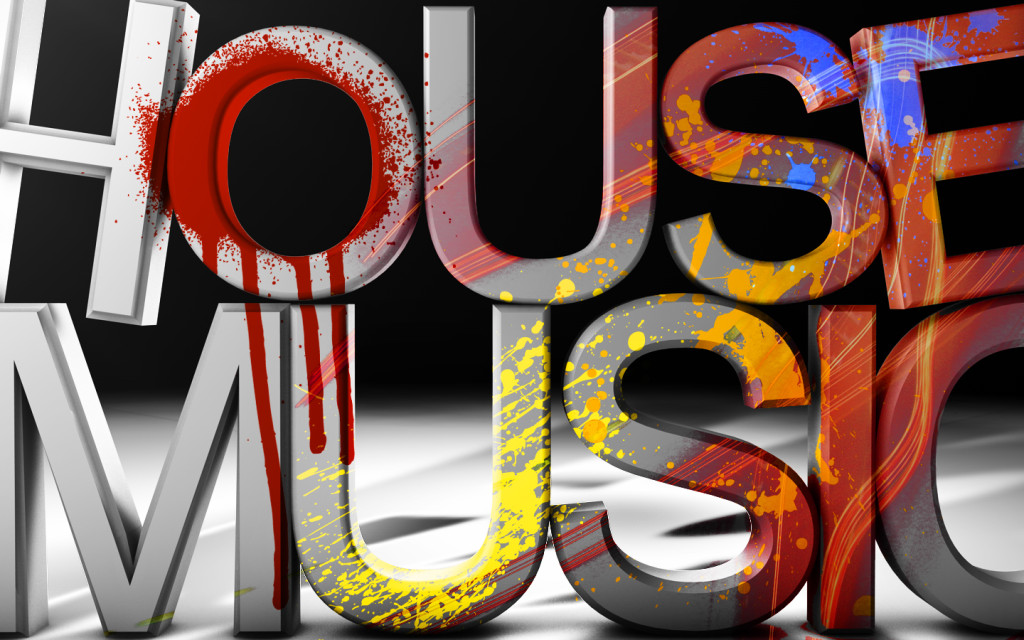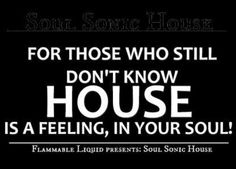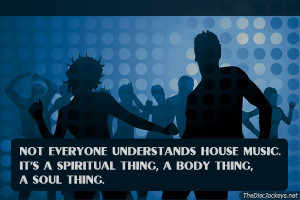*Re-write, original post was lost*
I discovered another form of art, Hyper-realism. It is a form of art that appear extremely realistic to the extent that they trick the eye. It is so real, it is hard to tell the difference from a photograph. I came across Alex Peter amazing works and had to make sure he tells us the story behind his art.
A little bio about yourself
I’m Alex Peter, discovered my gift of Arts and painting at a very young age. I grew in it and developed a deep passion for it. This passion ignited my love for and respects for arts. I have been able to develop my artistic skills using different kinds of drawing mediums like a pen, pastel, pencil and Pyrography art/wood burning (use of a razor, sandpaper, and burner). I’m a self-taught pencil artists and a self-taught PYROGRAPHY (wood burning) artist. My artworks centers around what my eyes can capture and how life is perceived relating to the African settings, which I then skilfully executes realism.
An hyper-realist artist, what form of art is that?
Hyper-realism is a genre of painting and sculpture resembling a high-resolution photograph. Where it seems like you can’t differentiate photography from an artwork. Hyper-realism is considered an advancement of Photorealism by the different methods used to create the resulting paintings or sculptures.
Razor blade on wood and burner, how did you start?
I started this Pyrography art (Razorblade on wood) as of 2010. Was doing pencil and pastel works as at then. Because of how my passion was for art, I searched for more different kind of unique styles until I discovered this kind of art at Benue state, so I worked hard and do self practices on this technique, by infusing my pencil style to this kind of art to form realism. Was also inspired by an artist called Simon Agbo. I grew and improved on this genre of art, that’s how I was able to create realism with it now.
What drawn you to art?
Art has actually has a place in me, since i was a kid. The passion to create is crucial thing in my life till date.
What inspires your kind of art? What message are you trying to pass across with your art?
I’m inspired by my environment and how it is been perceived by people and me.i try to express the feelings, emotions of how my environment is been perceived and how people can stand up to any challenges life offers.
Have you done any exhibition since you started?
Yes, I’ve done exhibition. Exhibited at Omenka gallery, Lagos
Which other artist(s) inspire you?
I’m inspired by the likes of Kelvin Okafor, Harinzey Stanley, Simon hexbyn and some other great artists.
Which artist will you love to work with?
Would love to work with Simon Hexbyn, Harinzey Stanley, Oscar Okunu, Ayo Filade, Isimi Taiwo .
You can follow the works of Alex on Instagram – @alexpeter_art

